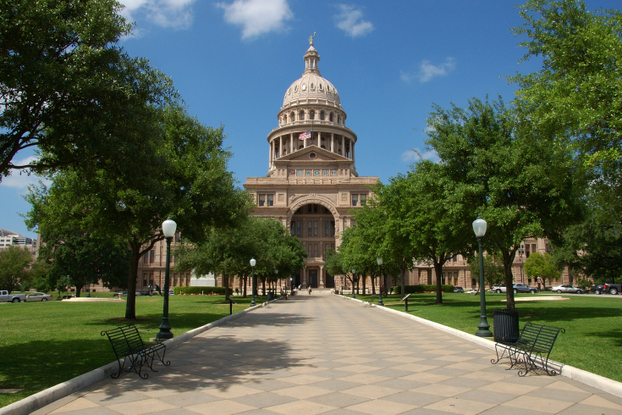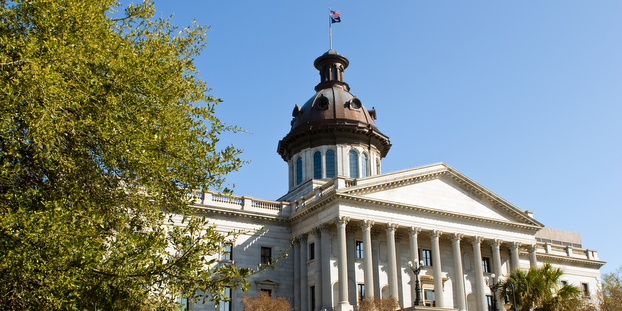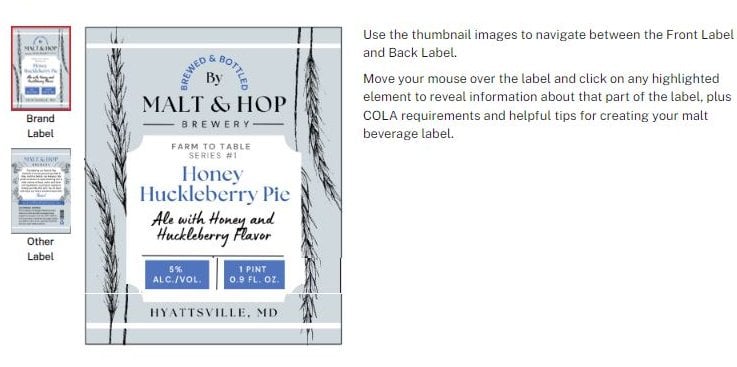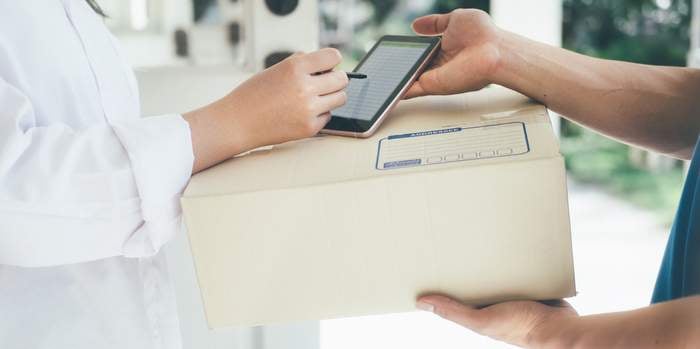Your CBB editors took a few days off during the long weekend, but craft beer news never takes a rest, especially when it comes to legislative and regulatory battles both large and small. Here’s a few to get us all caught up.
Texas bill heads to governor’s desk

We’ve followed this one a while, and it increasingly looks like craft brewers in Texas are going to lose this one. House Bill 3287 is headed to Governor Greg Abbott’s desk, and under this bill, brewers would have to sell their beer to a distributor then buy it back to sell it in their own taproom. The bill doesn’t affect everyone, only breweries that get bought out by the big conglomerates and produce more than 175,000 barrels a year. Self-distributing breweries can only self-distribute a total of 40,000 barrels across all locations, anything above that would have to be sold through a distributor.
There are exceptions to the bill. Current breweries over the limit are grandfathered in will be able to keep their taproom. Ode Brewery in West El Paso is not affected by the bill, but the owners are still against it.
“We’re putting our necks out on the line to try and make something big, brewing isn’t cheap and these big breweries deserve the opportunity to pay back their debt by selling their own product”, says Albert Salinas the head brewer and owner of Ode.
The author of the bill, State Rep. Craig Goldman from Forth Worth says only a small percentage of brewers would be affected, and that’s the point. Goldman says the bill is meant to protect the craft beer industry from big corporate companies. Sure. If you say so.
Hangar 24 expansion held up by permit review
Not all regulatory matters involve the power and pocket books of Big Beer or state distributors. Sometimes it’s just someone down the street. A city commission in Redlands, Calif., is holding off on a permit update request from Hangar 24 Craft Brewery because of a questions regarding environmental impact, noise complaints and its compatibility with the Redlands Municipal airport. Until all of this is sorted out, Hangar 24 will not be able to extend its outdoor patio area or host live music outdoors.
“I would say we need more from code enforcement, perhaps another acoustical study and definitely a stronger environmental review because at this point I would not be able to approve this project on this basis,” Chairwoman Carol Dyer said at the commission’s meeting Tuesday.
Hangar 24 wants to revise its conditional use permit to bring it in line with current operations, updating tasting room hours and clarifying its ability to host live entertainment on a proposed patio extension/stage area west of the existing patio.
The brewery originally included a request to host larger events without the need for a special event permit. It has since agreed to seek the permits for larger events, according to a staff report on the matter.
Everything is complicated. To aid in this inquiry the article notes that Hangar 24 hired a consultant to conduct a noise study, at the city’s direction, and has a noise meter on site to ensure noise levels stay in compliance with the city’s noise ordinance.
South Carolina starts to let craft brewers do stuff
We make fun of the South a lot for its old timey beer laws, but today we come to praise South Carolina, which is looking to buck that trend and start to catch up with its big brother North Carolina. The changes are coming via S. 114 and S. 275 that the governor signed into law last week.
From the Independent Mail:
The first allows craft breweries to donate their product to charities and allows brewers to participate in nonprofit events by pouring product and providing equipment. Last year, the South Carolina Law Enforcement Division (SLED) began more strictly enforcing old laws that prohibited such things at events and festivals away from a brewery’s own grounds.
The second, S. 275, allows breweries to sell liquor. It’s a piece of legislation that is of particular interest to brewpubs like Hunter Gatherer in Columbia, Edmund’s Oast in Charleston and, most recently, Velo Fellow in Greenville. But it could also be useful to other brewpubs in the Upstate, both opened and about to open.
“I think this is one more step in leveling the playing field,” said Brian Cendrowski, co-owner of Fireforge Crafted Beer, a brewery set to open later this summer in downtown Greenville. “The fact the breweries are able to do and sell the same kinds of things as other establishments is something that bridges a gap that has been around for a long time.”








Leave a Reply
You must be logged in to post a comment.